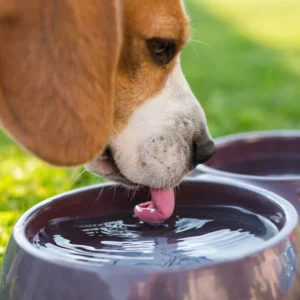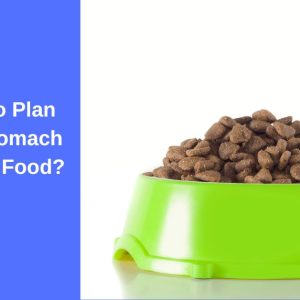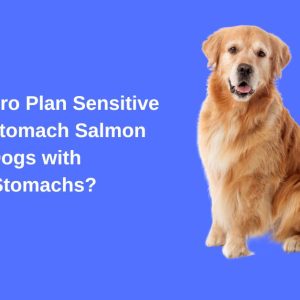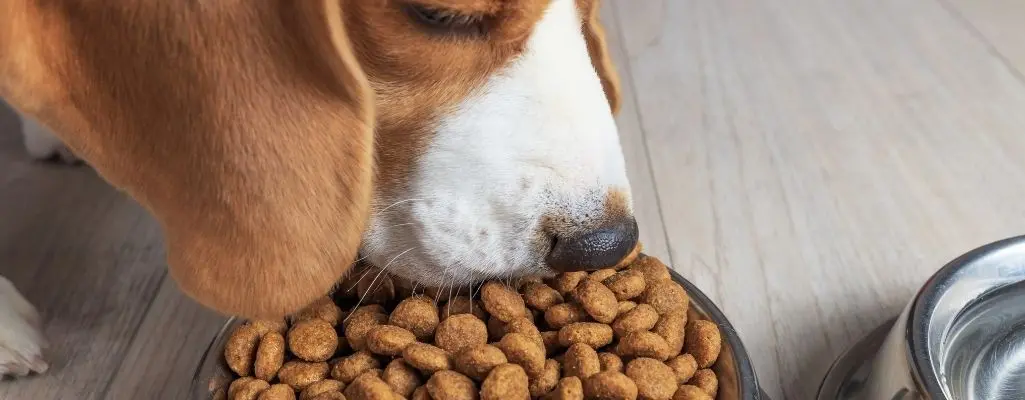
A question that many dog owners ask themselves is, “how much should I feed my dog?” The answer to this question really depends on a number of factors such as your pup’s age and size. In this blog post we will discuss how much you should feed your dog based on these three different scenarios: puppies, adult dogs, and senior dogs.
Table of Contents
How much food does your dog need?
The perfect amount of food for your pet isn’t always what is in the pack. Take a critical look at your pet while he’s still there and make sure his nutrition’s perfect. The question that I asked last year was whether or not your dog would benefit from eating high quality food. Continue reading for additional tips on when or what dog eating should be done.
How Often Should Dogs Eat?
–puppies eat more often than adult dogs
-adult dogs should be fed twice a day
-senior dogs are usually fed once per day.
A question that many dog owners ask themselves is, “how much should I feed my dog?” The answer to this question really depends on a number of factors such as your pup’s age and size. In this blog post we will discuss how much you should feed your dog based on these three different scenarios: puppies, adult dogs, and senior dogs.
Puppies eat more often than adult dogs – typically four to six times a day or every couple of hours! It is important that their food be well-distributed throughout the day, so they are never hungry for very long.
Adult dogs should be fed twice a day – once in the morning and again in the evening (in some cases you may need to feed them more than two times per day).
Senior dogs are usually fed once per week or every other day based on their specific needs.
What should I feed my dog?
A dog’s diet can have a big impact on their health. It is important to feed your pet the right food, in the correct amounts.
Dog owners should put careful thought into what they are feeding their dogs because of this. The following tips will help you understand how much and what type of food to give to your canine companion without risking their health.
A dog’s dietary needs depend on their breed, size, activity level, age and health. Some breeds need more or less food than others.
Smaller dogs also eat much less than large breeds in general. Active dogs will consume more calories than those who do not get regular exercise
What do dogs eat?
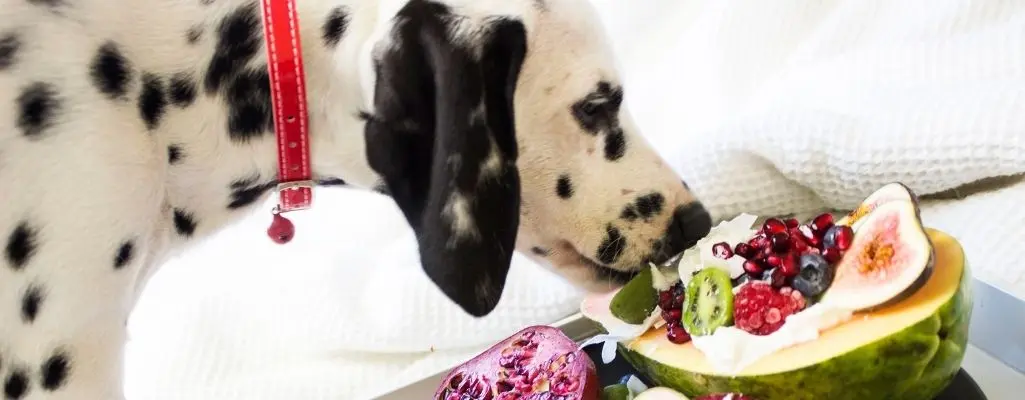
Foods dogs can eat are dog food, table scraps, and treats.
Healthy dog foods contain many vitamins that keep your dog’s body strong. Other good things to feed your dog are beef stew or chicken soup because they have proteins in them which makes their coats beautiful!
Table scraps may be okay for some dogs but others refuse them so if you do give him/her table scraps make sure he/she doesn’t get sick from eating all the junk on the plate!
Treats are great incentives for harder tricks including “sit”, “stay” etc… A lot of people think it’s cruel to treat a dog every time they successfully complete a trick but rewarding with dog treats can actually help their dog focus and it also gives them a job to do!
Food is just one of the many things that dogs need because they need love too.
How do I calculate how much I should feed my dog?
For most dogs, you can safely feed them one to two tablespoons of food per pound that your dog weighs. If they are very active or in the middle of a growth spurt then it’s OK to give them more until their weight is stabilized again.
If you have an overweight dog, don’t decrease the amount you are feeding by more than five percent.
If your dog is underweight, don’t increase the amount you are feeding until their weight has stabilized and they have reached a healthy body condition score of about six out of nine. If after one month there still isn’t improvement then it might be time to take them in to see a veterinarian.
What counts towards my dog’s daily Calorie Intake?
Small breeds should eat:
¾ cup per day if they weigh up to 12 pounds
Medium breeds should eat:
¼ kg (½ lb) per day if they weigh up to 25 pounds
Large breeds should eat: ²/kg (½ c / lb) per day if they weigh up to 50 pounds
Please note that these are just guidelines and every dog is different.
For example, a large breed puppy may need more food than an adult of the same size because their needs for energy are greater during development.
In addition, you should adjust your pet’s diet based on his or her response to the food. If your pet doesn’t seem satisfied with its current amount of food, try adding a little more and watch for any changes in behavior or weight gain/loss over the next few weeks.
It’s also important that you always provide clean water and fresh air when you’re using this feeding guide (and whenever else).
What happens if I feed my dog too much?
Eating too much food can be harmful for dogs. If they eat too much, the food may not all be used by their bodies and can result in a number of issues. For example:
This could lead to obesity.[1]
It could cause other health problems such as pancreatitis or gastrointestinal disease Or it could even have an impact on your pet’s life expectancy
What happens if my dog is underfed?
Possible effects of underfeeding your dog:
Weakness and malnutrition.
Your dog will lose weight, become lethargic and may not be able to fight off infections as well. Loss of muscle tone can lead to a weakened immune system making it difficult for the body to function properly. A lack of nutrients also means that skin problems and allergies may develop.
Digestive problems and a poor appetite. Your dog will lose its interest in food, which can lead to digestive issues such as vomiting or diarrhea that are usually caused by the body trying to eliminate undigested nutrients from the stomach.
Once again this can be life-threatening if it becomes severe enough for your pet.
Related Post What dogs can not eat

